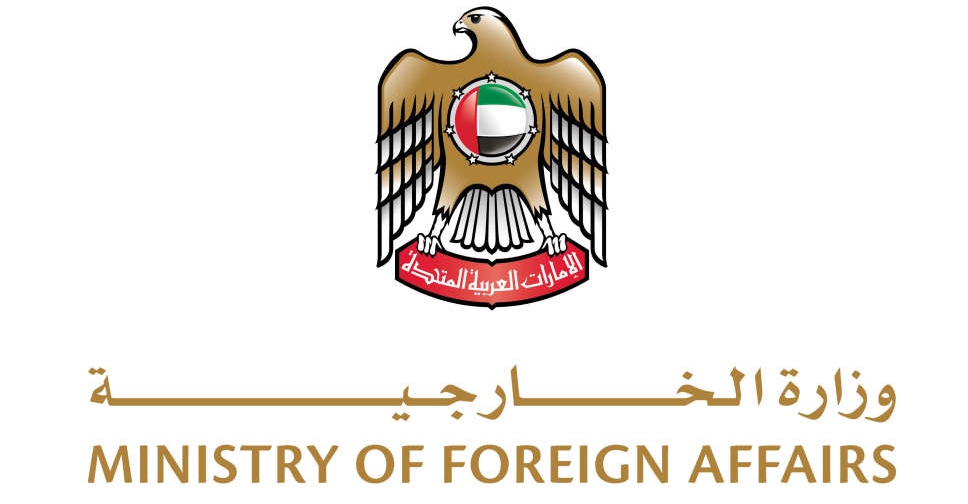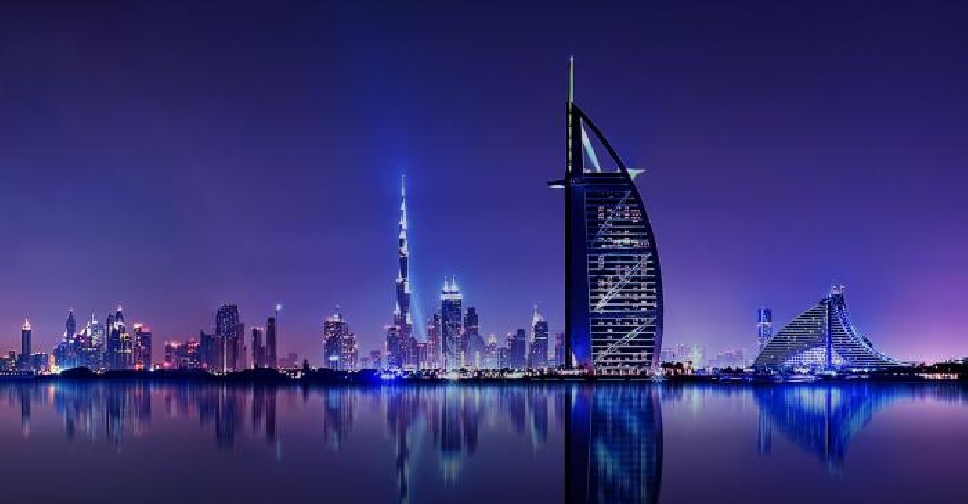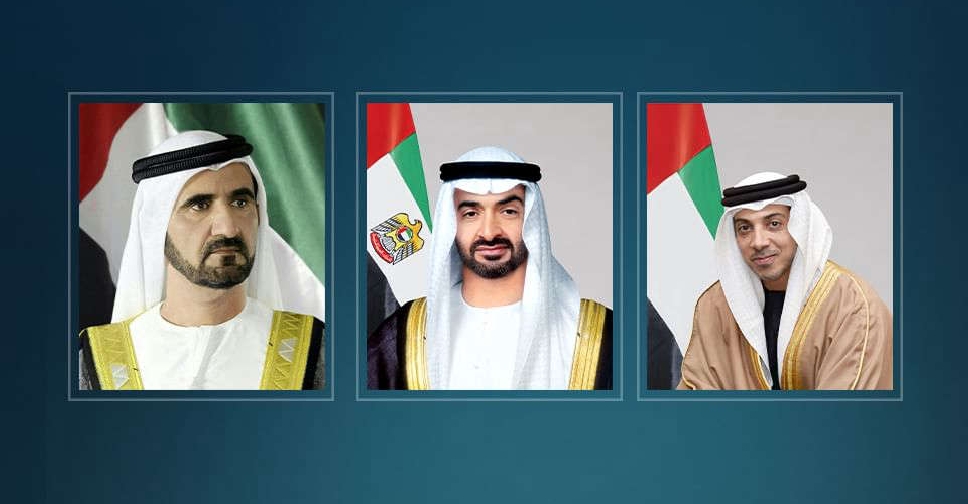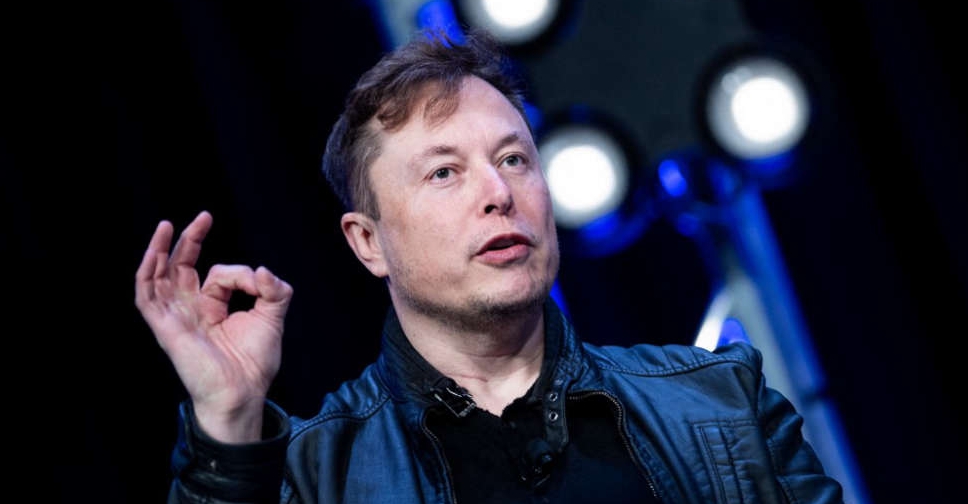
Elon Musk became Twitter Inc's owner on Thursday, firing top executives and providing little clarity over how he will achieve the lofty ambitions he has outlined for the influential social media platform.
"The bird is freed," he tweeted, referencing Twitter's bird logo in an apparent nod to his desire to see the company have fewer limits on content that can be posted.
The CEO of electric car maker Tesla Inc and self-described free speech absolutist has, however, also said he wants to prevent the platform from becoming an echo chamber for hate and division.
Other goals include wanting to "defeat" spam bots on Twitter and make the algorithms that determine how content is presented to its users publicly available.
Yet Musk has not offered details on how he will achieve all this and who will run the company. He has said he plans to cut jobs, leaving Twitter's 7,500 employees fretting about their future. He also said on Thursday he did not buy Twitter to make more money but "to try to help humanity, whom I love".
Musk fired Twitter Chief Executive Parag Agrawal, Chief Financial Officer Ned Segal and legal affairs and policy chief Vijaya Gadde, according to people familiar with the matter. He had accused them of misleading him and Twitter investors over the number of fake accounts on the platform.
Agrawal and Segal were in Twitter's San Francisco headquarters when the deal closed and were escorted out, the sources added.
Musk, who also runs rocket company SpaceX, plans to become Twitter's CEO after completing the acquisition and also plans to scrap permanent bans on users, Bloomberg reported, citing a person familiar with the matter.
Twitter, Musk and the executives did not immediately respond to requests for comment.
'CHIEF TWIT'
Before closing the $44-billion acquisition, and never afraid to indulge in theatrics, Musk walked into Twitter's headquarters on Wednesday with a big grin and a porcelain sink, subsequently tweeting "let that sink in". He changed his Twitter profile description to "Chief Twit".
He also tried to calm employee fears that major layoffs are coming and assured advertisers that his past criticism of Twitter's content moderation rules would not harm its appeal.
"Twitter obviously cannot become a free-for-all hellscape, where anything can be said with no consequences!" Musk said in an open letter to advertisers on Thursday.
As news of the deal spread, some Twitter users were quick to flag their willingness to walk away.
"I will be happy to leave in a heartbeat if Musk, well, acts as we all expect him to," said a user with the @mustlovedogsxo account.
In an indication of challenges to be addressed, Bollywood actress Kangana Ranaut, who was banned from Twitter last year for violating its rules on hateful and abusive conduct, applauded Musk's takeover on Instagram and shared requests from fans to have her account restored.
Musk also said in May he would reverse the ban on Donald Trump, who was removed after the attack on the US Capitol. The former US president has said he won't return to the platform and has instead launched his own social media app, Truth Social.
A representative for Trump did not immediately respond to a Reuters request for comment.
Musk has indicated he sees Twitter as a foundation for creating a "super app" that offers everything from money transfers to shopping and ride-hailing.
But Twitter is struggling to engage its most active users who are vital to the business. These "heavy tweeters" account for less than 10 per cent of monthly overall users but generate 90 per cent of all tweets and half of global revenue.
A SAGA
The deal's road to fruition was full of twists and turns that sowed doubt over whether it would happen at all. It began on April 4, when Musk disclosed a 9.2 per cent Twitter stake, becoming the company's largest shareholder.
The world's richest person then agreed to join Twitter's board, only to balk at the last minute and offer to buy the company instead for $54.20 per share, an offer that Twitter thought might be another of Musk's cannabis jokes.
Musk's offer was real, and over the course of just one weekend later in April, the two sides reached a deal at the suggested price. This happened without Musk carrying out any due diligence on the company's confidential information.
In the weeks that followed, Musk had second thoughts. He complained publicly about Twitter's spam accounts and his lawyers then accused Twitter of not complying with his requests for information on the subject.
The acrimony resulted in Musk telling Twitter on July 8 he was terminating the deal. Four days later, Twitter sued Musk to force him to complete the acquisition.
By then, the stock market had plunged on concerns about a potential recession. Twitter accused Musk of buyer's remorse, arguing he wanted out of the deal because he thought he overpaid.
Most legal analysts said Twitter had the strongest arguments and would likely prevail in court.
On October 4, just as Musk was set to be deposed by Twitter's lawyers, he performed another u-turn, offering to complete the deal as promised. He managed to do that, just one day ahead of a deadline given by a judge to avoid going to trial.
Twitter shares ended trade on Thursday up 0.3 per cent at $53.86, just under the agreed price. The stock will be delisted from the New York Stock Exchange on Friday.
Musk has indicated he sees Twitter as a foundation for creating a "super app" that offers everything from money transfers to shopping and ride-hailing.
"The long-term potential for Twitter in my view is an order of magnitude greater than its current value," Musk said on Tesla's call with analysts on October 19.
But Twitter is struggling to engage its most active users who are vital to the business. These "heavy tweeters" account for less than 10 per cent of monthly overall users but generate 90 per cent of all tweets and half of global revenue.
Musk said in May he would reverse the ban on Donald Trump, who was removed after the attack on the US Capitol, although the former US President Donald Trump has said he won't return on the platform. He has instead launched his own social media app, Truth Social.

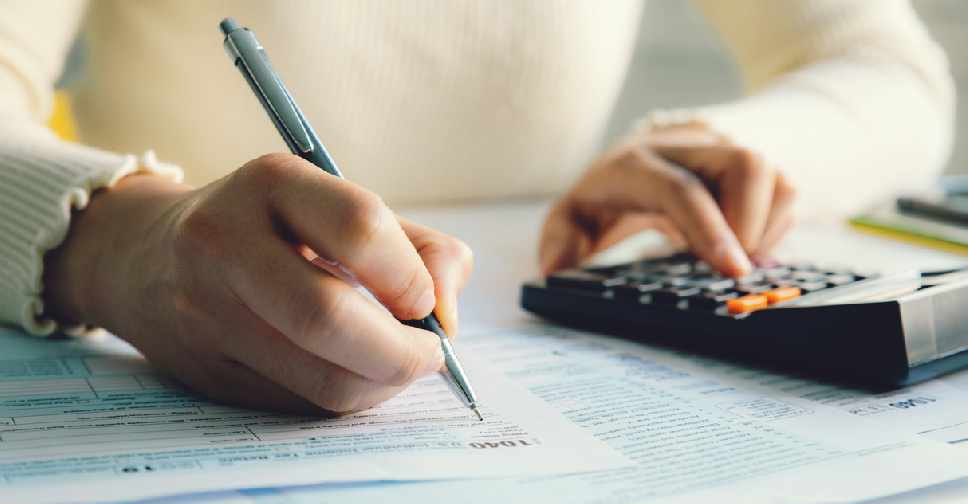 New tax programme for government employees
New tax programme for government employees
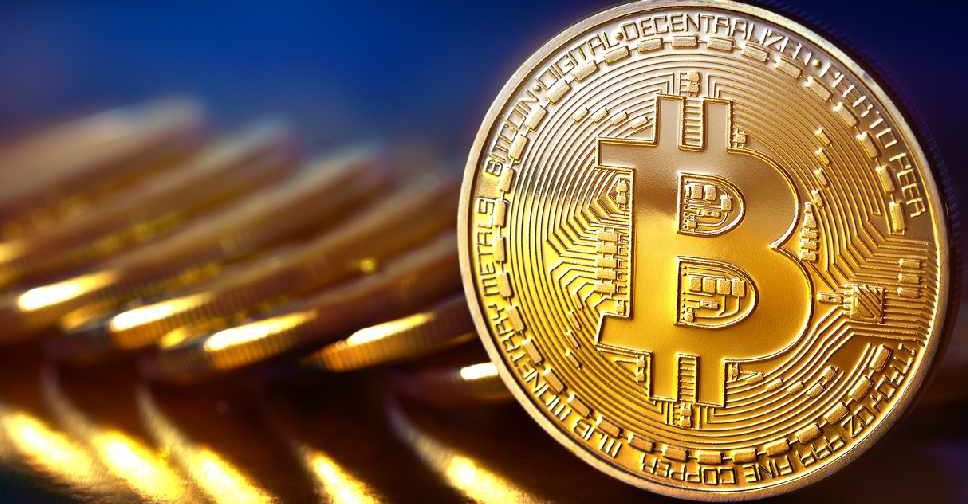 Russia is using bitcoin in foreign trade, finance minister says
Russia is using bitcoin in foreign trade, finance minister says
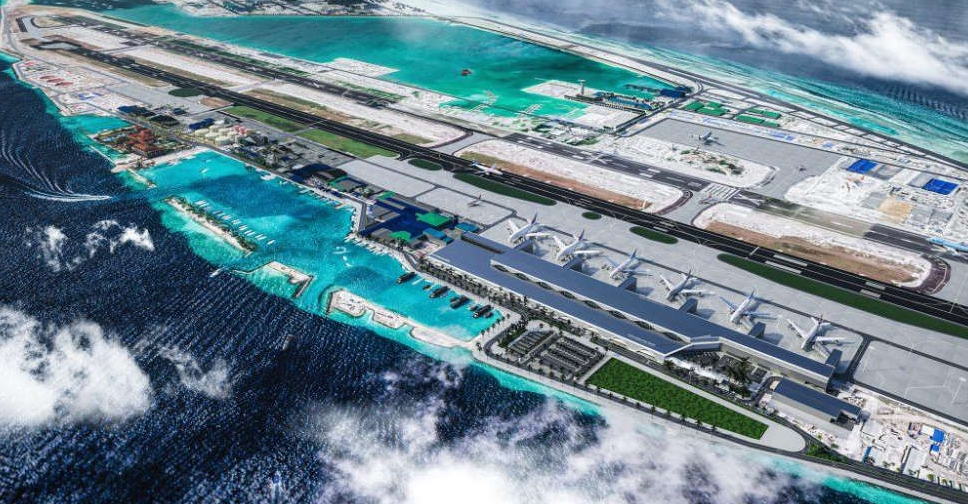 ADFD adds AED147M to Maldives airport project
ADFD adds AED147M to Maldives airport project
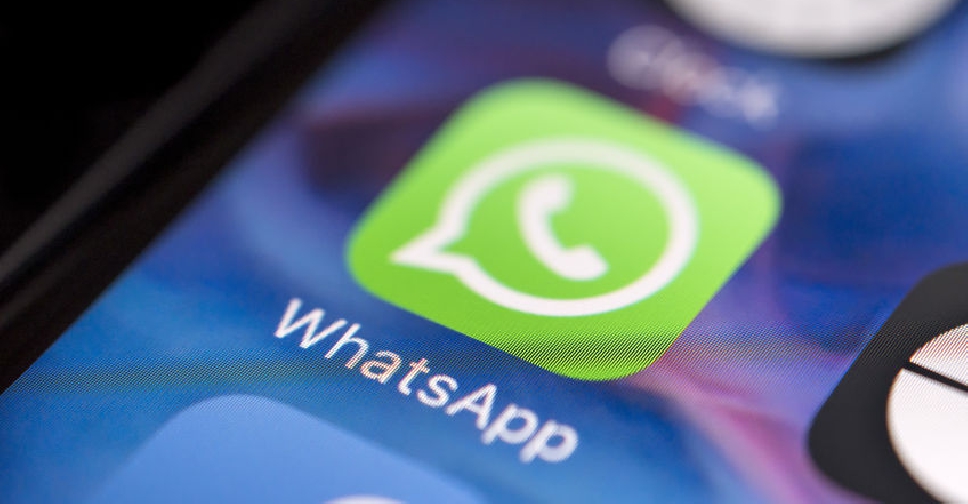 Iran lifts ban on WhatsApp and Google Play
Iran lifts ban on WhatsApp and Google Play
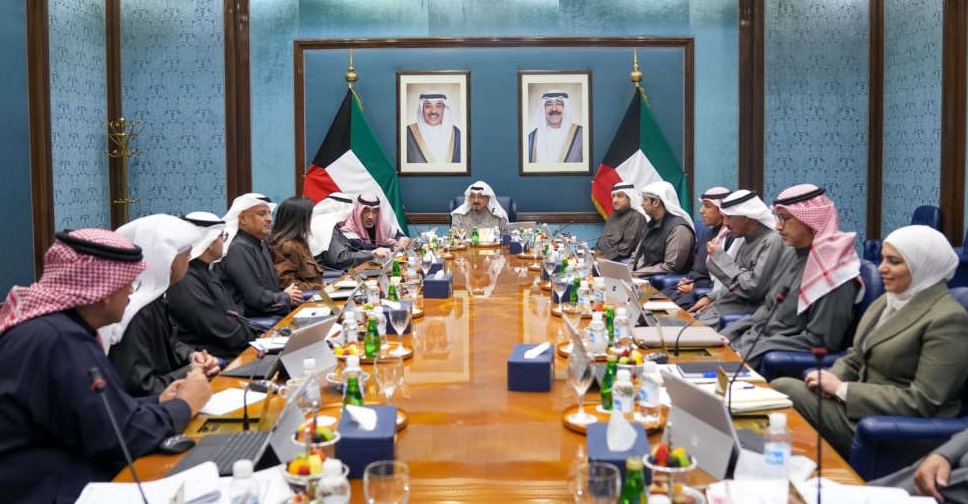 Kuwait approves 15% Tax on multinational entities
Kuwait approves 15% Tax on multinational entities
